Nightmare or Opportunity of a Lifetime? Learning Arabic in UAE Schools. Change is Coming. The Big Read. Exclusive.
Background: Nightmare or Opportunity of a Lifetime? Learning Arabic in UAE Schools. Change is Coming. Exclusive.
Many, if not most, non-Arab parents would consider dropping, or not even starting, Arabic language study for their children if they had any choice in the matter.
Traditionally, whenever they could, many families would take a hard pass letting their children study Arabic with any seriousness (“Just go through the motions, it’s not important”). Why? More often than not, it was parental empathy with the struggles (and tears) non-Arab children face learning a very difficult language.
This is not a problem that can be wished away. Arabic is compulsory, for all children, across all UAE schools.
Parental and student arguments against Arabic are not only focused on its difficulty.
Some parents think that other subjects under the STEAM and English umbrella are more relevant, useful and important.
Some think that if a second language is taught, at least it should be French, Spanish or German which will “obviously” be so much more useful.
And let’s be frank, some parents view Arabic, for whatever reason, as a complete and utter waste of time.
Reading this, as a parent, you may think Arabic for foreigners (or Arabic B) is a train wreck.
Our view is more nuanced. Maybe, parents and students have not fallen out of love with the idea of learning Arabic – rather, they just have not been given the opportunity to be in love with the language in the first place.
We think that learning Arabic IS important – and for some students may be life-changing. In the following we show why.
Why is learning Arabic so challenging?
First, let’s get the issues out of the way.
Problem 1 – No one Agrees on Almost Anything.
There is no question that Arabic is a very tough language to learn. If your children are struggling, you are not alone. Most non-Arab children struggle to progress in Arabic B despite years of exposure.
But why?
Emma Ives, Senior Leader for Safa British School told us:
“There are over 12,000,000 words in the Arabic Language (compared to a mere 600,000 in English, 150,000 in French and 130,000 in Russian. An example given by our team was that of a table. In English, we use the term table – or perhaps desk if it is in a study. In Arabic there are several different terms for a ‘table’ depending on the context of the situation.”
Where in English, widely considered one of the most agile of languages, we have only one word for something, the Arabic language will throw up twenty.
Another nightmare is diglossia – the disparity between classical versus colloquial Arabic. Increasingly , many Arabic people do not even speak, or understand, classical Arabic at all.
Sarah Estebanez, Assistant Head of School Improvement for Repton School Dubai told SchoolsCompared.com:
“It is challenging for Arabic B because you have to speak classical Arabic 100% of the time.”
Nada Almasri, Head of Arabic at Dubai Heights Academy agrees, explaining that teachers often struggle to deliver the content to their students:
“We must speak classical Arabic all the time [which] even qualified Arabic teachers struggle with.”
As if things were not already complicated enough, Arabs themselves disagree on the translation of many terms and phrases they are required to teach. “How are we supposed to teach something consistently when every sentence leads to arguments” we were told.
The net result is that students can quickly become overwhelmed and lose their confidence.
This is why many argue that Classical Arabic is a dying language and it is utter madness to teach it – and doubly so in excluding the widely spoken colloquial Arabic which “might actually be of some use to students.”
Sarah Estebanez disagrees however:
“I get upset when I hear people argue that Classical Arabic is a dying language just because of linguistic imperialism and the presence of the diglossia issue. Classical Arabic has opened up many doors for many people.”
Charlie Davies, Head of Modern Foreign Languages at The British School Al Khubairat (BSAK) in Abu Dhabi goes even further, believing that not only is Arabic one of the most important subjects taught in schools across the UAE, and certainly as important as any other, but also that:
“Arabic is probably not the hardest language to learn. Any language is only as hard to learn as you make it. Outstanding Arabic teachers will inspire their students to break through the surface difficulty.”
Hard or Difficult? Classical or colloquial? What do words mean? Which word to use when? Arabic is definitely not a subject like French, German or Spanish – or even English, in which words at least have meanings that are agreed upon and consensus is widespread on what to teach, and how.
Problem 2: The struggle to recruit qualified Arabic staff.
Outstanding Arabic teachers are like gold dust.
Without outstanding Arabic teachers, as with all subjects, children will struggle.
The problem here is that it is extremely difficult for schools to find outstanding Arabic B teachers – let alone retain them.
UAE government requirements for all teachers are stringent. The government wants to populate UAE schools with world-class teachers and protect students from potential recruitment of those that do not meet the mark. Most subject specialists must have degrees in their area of study, and a further teaching qualification. In other subjects this is not an issue.
In Arabic B it causes headaches.
Whilst many Arabic teachers have degrees, far fewer have the required formal teaching qualifications. In British schools, for example, this is usually a Postgraduate Certificate in Education (PGCE).
Another major barrier to recruitment of outstanding Arabic teachers is the need for them to speak English.
“Finding Arabic teachers that speak English well is a challenge. They can’t just come teach the subject and go. It is a challenge to fit in with an English school. CPD (Continued Professional Development) is always conducted in English, and it can go completely over their head at times.”
Sarah Estebanez from Repton School Dubai.
With so few Arabic teachers available, many schools find themselves having to actually provide English lessons for their Arabic teachers so that their children can understand them.
Arabic teachers are also expensive. In demand, and with years of experience under their belts, they command some of the highest salaries paid in schools. Larger families among Arab candidates can add even more additional costs in terms of benefits such as education allowances, insurance and travel tickets.
With increased competition among Private schools in the UAE, and the heavy impact of Arabic on the inspection results (and fee increases), Arabic teacher recruitment is only set to become an even bigger headache for schools. And for parents and students needing outstanding teachers to bring a complex language to life.
What does Outstanding Arabic Teaching Look Like?
Emma Ives of Safa British School told us:
“Arabic taught well should involve no spoken English. The children are then immersed in the language and find it easier to respond in it.”
Even here, however, there is disagreement. If an Arabic teacher cannot speak English, how can students understand what they are being taught? In other languages teachers are expected to be bilingual so they can move between languages to bring them alive for children.
BSAK builds on this sort of gentler approach by ensuring cross-curricular links to Arabic across the school:
“We do an ‘Evening of Languages Culture’ each year. This often has an Arabic feel to it. We also have a fabulous learning platform called Languagenut.”
Charlie Davies. British School Al Khubairat.
The only area of agreement we found when speaking with schools is the shared view that, for Arabic language teaching to be successful, Arabic Departments must be embedded in the curriculum planning, treated as an essential part of the school’s community and, above all, treated with all the respect other core subjects are given. If schools themselves treat Arabic departments as less important than other subject departments, its students will, understandably, also question the point of studying in them.
On our visits to schools we have seen many examples of Arabic Departments siloed in separate, often dreary and under-funded, teaching areas away from other departments and weak investment in Arabic books. Little wonder that Arabic is dreaded by many children in these schools.
Is Arabic Teaching in My School Outstanding? Top tips for parents.
Tip 1: Look for Arabic displays around the school. On a school tour, you should really get a feel that the Arabic language and UAE culture are a primary focus, and not just an afterthought. Displays should make you want to learn the language.
Tip 2: Meet the Arabic teachers. Arabic classes take upwards of three hours a week until children reach 14 and you should warm to those that are going to spend so much time with your children – and have faith that they know what they are doing. If, as a parent, you don’t – then why should your children?
“If you come away feeling confident (and more importantly, smiling) then that is the right school for you.”
Emma Ives. Safa British School.
Tip 3: Ask for examination results. A majority of schools offer Arabic B as GCSE, IB or A-level courses. It is your right to know how children have performed at schools historically in Arabic. Every school will have data showing the results children have achieved historically in every subject. You should also look for improving results over time, this suggesting on-going investment in the subject.
Tip 4: On a tour of a school look in the library. To quickly identify if a school is truly investing in Arabic look at the selection of Arabic books. We think you should look for a translation of Harry Potter. It uses a lot of colloquial Arabic – but it’s a book that inspires non-native Arabic readers to read. We think school libraries should have it – and other popular books in English that have been translated.
Alan Jacques, recipient of the 2020 UAE School Librarian of the Year and Head Librarian at Gems World Academy also told us:
“Walk into a library and you should see English and Arabic books displayed together. Librarians do not care because all reading is equal.”
When you speak to Admissions Staff, Teachers and members of the school’s Leadership Team, ask them directly whether they think that Arabic teaching is important. You will learn a lot from their answers.
So Why Exactly is Arabic Important or Useful for Children? Career Opportunities and Getting into the World’s Top Universities.
The world has been shrinking with the onset of globalization and the rapid growth of technology. Universities and Employers are looking for students that stand out. Being able to speak Arabic as a second language is rare – and many doors do open to interesting careers from those who have mastered it.
Media and Translation. Career opportunities in both are widespread in the MENA region.
Law and Accountancy: Arabic speakers in Law are valued globally in both professions. You will not find a top London Accountancy or Legal firm, for example, without an Arabic speaker.
Education. We have covered the exceptional demand for Arabic teachers above. Throughout schools, in many different roles, however, Arabic speakers are in demand. Sarah Estebanez advised us that she “would not have become a part of Repton School’s Senior Leadership Team without Arabic. Knowing the Arabic language fast-tracked my career.”
Gaming: Children engage an average of three times longer with video games than their own parents. Love it or hate it, the gaming industry has become a major industry – and one commanding high salaries, particularly in the GCC. This has led to a huge drive for Arabic voice-over talent to adapt international bestsellers to the Gulf market.
Intelligence Services: Arabic is one of the most sought after languages by intelligence agencies worldwide, including both MI5 and the CIA. More on MI5 recruitment here.
Aviation: Emirates is arguably the best airline in the world. Arabic language speakers have extraordinary global opportunities in countless careers from Engineering and flying planes to Marketing and Tourism.
Big Changes Ahead. UAE Government, KHDA, ADEK Plans for the Future of Arabic B
Improving the quality of Arabic B is a top priority for the UAE and big changes are coming. Many changes were due to have been introduced this September (2020), but Covid 19 has delayed them. The school inspectorates are central to this:
“Regular KHDA Inspections in our school are very effective. The KHDA gives us powerful advice and direction for us to improve teaching practices in Arabic B.”
Nada Almasri . Dubai Heights Academy.
What could be in these plans? Currently its mostly conjecture.
Mona Alameddine, a Bilingual School Inspector for Dubai Schools Inspection Bureau (DSIB) with the KHDA 2008-2009 in their first year of operations – and one of the first inspectors recruited to monitor Arabic and Islamic education told SchoolsCompared:
“You can’t expect full Arabic language accommodation for every student for every grade if they join a non-Arabic school where the parents’ focus is not the student acquiring the Arabic language.
I think that we need to make it simpler for Non-Arabic schools to provide and comply. We need to focus on quality rather than quantity.
For example, we could look to require students to complete a minimum of (only) two levels (two years) of beginner, intermediate, and advanced Arabic as a Foreign Language requirement for all by 12th grade (year 13).“
We do firmly know that the UAE Ministry of Education has now adapted the standards of the Arabic curriculum to better reflect the ability and attainment of children. The growing trend of illiteracy among even native Arabic speakers has led to a reform of expectations set in the past for students across all year groups.
New-found realism across government agencies is aligned with many years of experience built up during inspections. Armed with this, the big changes coming down the track from the KHDA and ADEK, amongst other directorates, are expected to really help all children achieve. Both the KHDA and ADEK are driven by a passionate conviction in the importance of Arabic language learning for children and they have now been empowered to do everything possible to help schools adopt the approaches that actually work.
Charles Davies. British School Al Khubairat told us:
“We are aware of the Government’s ambitious five-year plan to boost the Arabic language. We are certain that this will have a positive impact on all private schools.”
Whatever the eventual shape of the big changes coming down the tracks, we do know that the new plans by the UAE government are designed to help everyone.
Moreover, Arabic language inspection results are already tightly linked to every school’s ability to increase their fees. Schools, now more than ever, need to deliver for their children in Arabic.
Bottom Line? The SchoolsCompared.com Verdict on Arabic in Schools 2020-21.
We think that non-Arab families should be concerned about Arabic B.
But we also think that it has been undersold by far too many schools. We understand why – the language is complex, outstanding teachers are like gold dust and expensive, little agreement exists on definitions and classical Arabic is not obviously the most useful Arabic for life in society or business. In sheer complexity of delivery, it is by far the hardest subject for schools to deliver effectively. Even the very best schools in the UAE struggle – and with significant investment and commitment in place.
We are hugely excited about the changes to the teaching of Arabic planned by the UAE government. There is an acceptance on all sides now that something needs to give, to give Arabic language teaching the success it absolutely does deserve to have in our schools. All of them.
More colloquial Arabic? Harry Potter books? Better training (including English) for Arabic teachers? Some form of agreement on at least a core number of Arabic words? Better integration of Arabic Departments in the life of schools?
Whatever the changes that are coming, we think that they have never been more needed. Be honest. Wouldn’t it be amazing if your child could speak Arabic. Wow! Wouldn’t that be something.
Think on this too. It’s a true story. At an interview for Oxbridge one student was asked by a fascinated tutor what he had learned about the Arabic world during his time in the UAE. He answered “Not much. Our school didn’t think it was important.”
Needless to say, with such a complete lack of intellectual curiosity, he did not get a place.
Nightmare or Opportunity of a Lifetime? The answer, historically, has always been both.
Today things are changing. A revolution in learning Arabic is firmly on the table. The UAE government, KHDA, ADEK, our schools and teachers are now working together to get the nightmare out of the equation altogether.
There is a new-found optimism that, together, they really will crack the problem, once and for all, for all our children.
If they are successful, they will have solved arguably the thorniest and most difficult problem in UAE education over the last three decades. They will also bring to life for our children, in ways unimaginable until then, the extraordinary and inspirational history of the Arab World. It’s a story that deserves to be told.
With the stakes so high, I don’t think any of us, least of all our children, can afford, any longer, to bet against them achieving just that.
© SchoolsCompared.com. All rights reserved. 2020.
















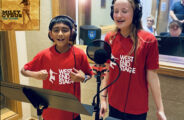



























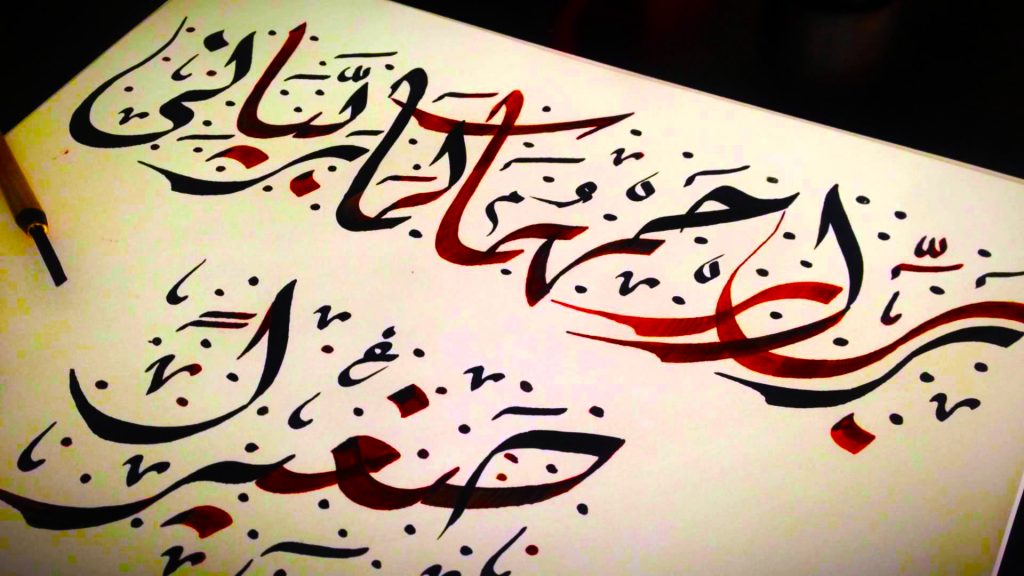


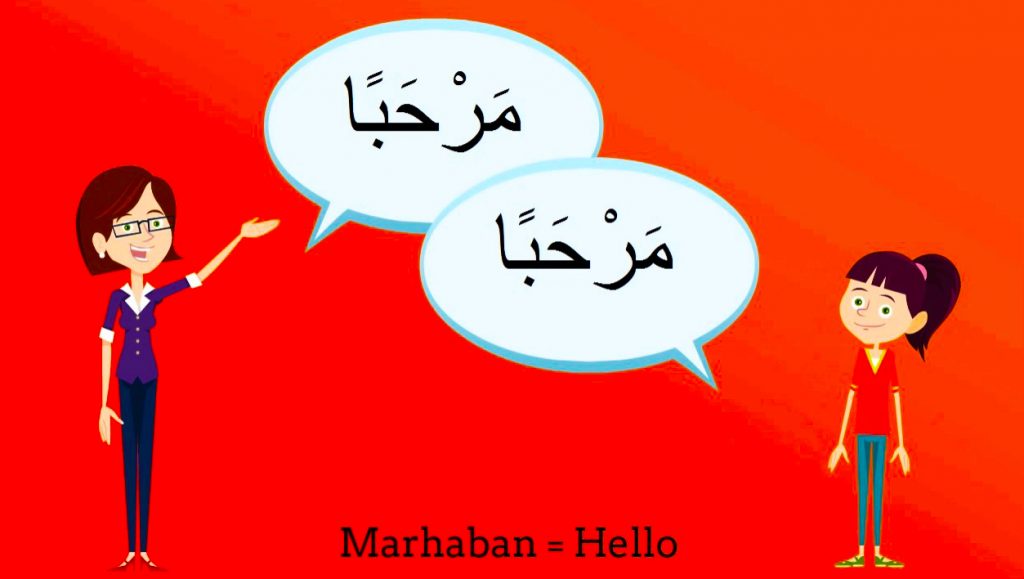
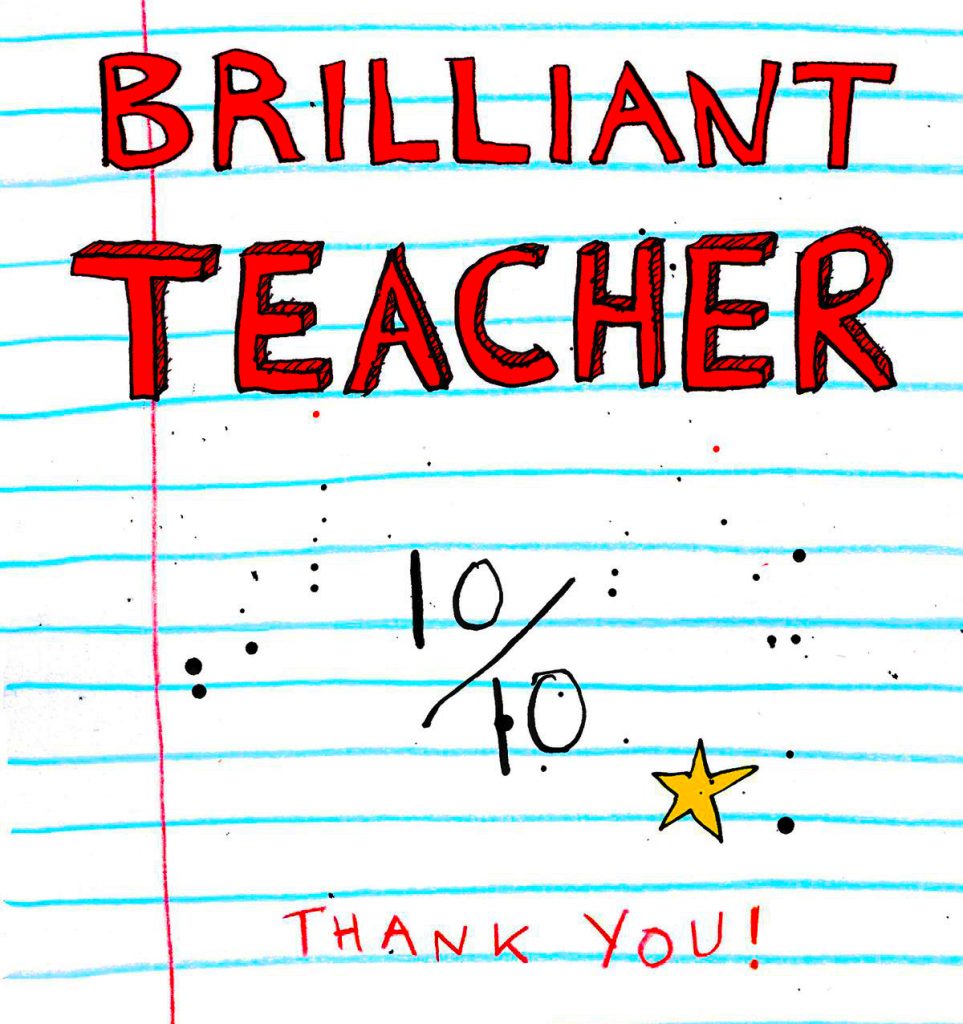
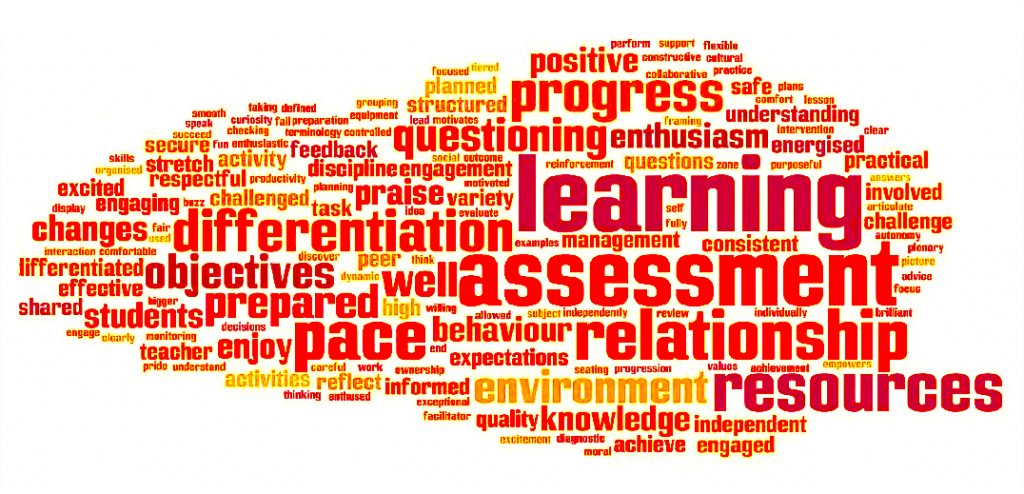
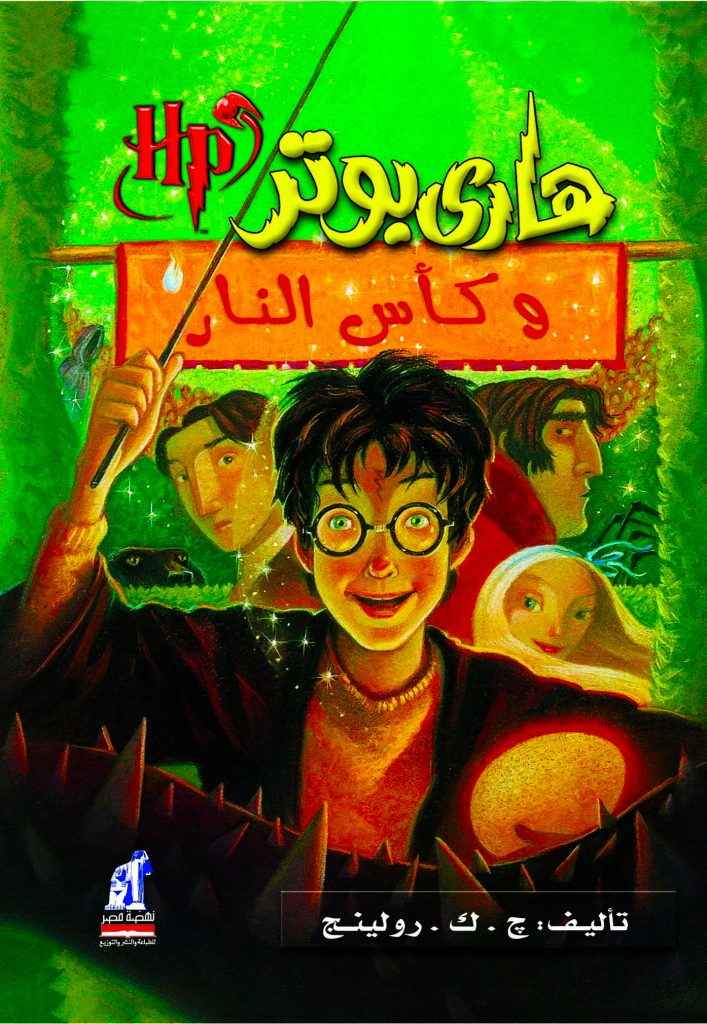

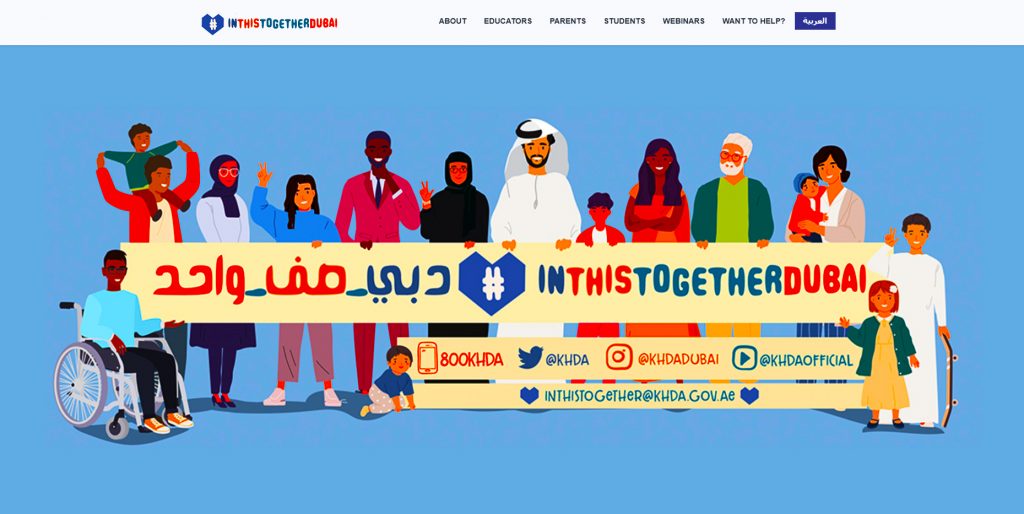
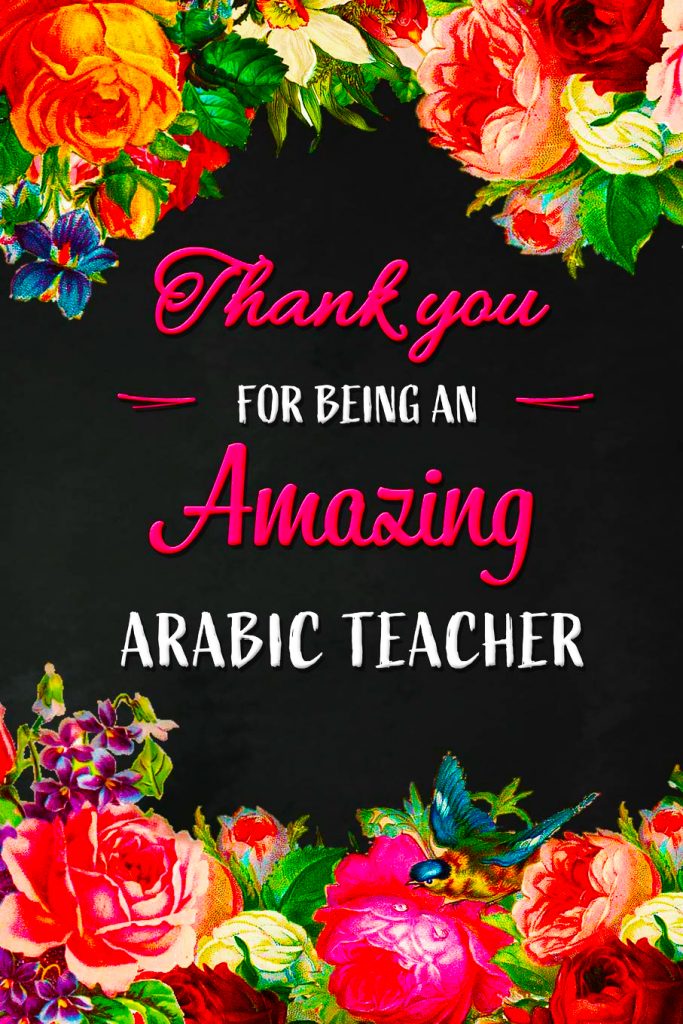
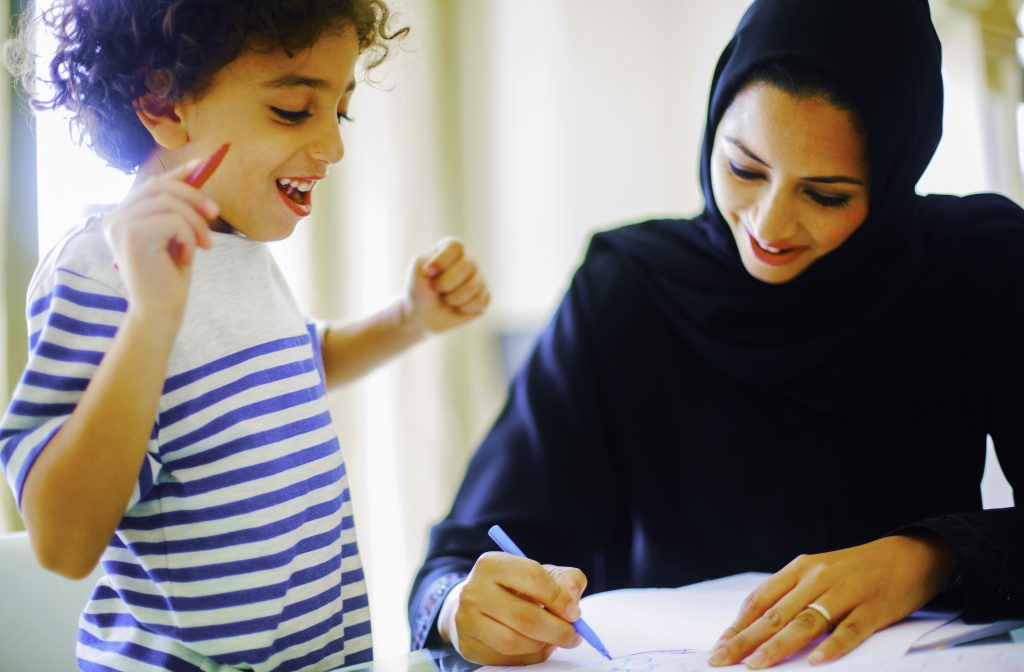

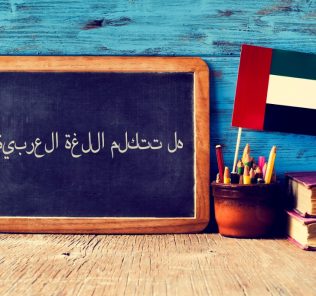
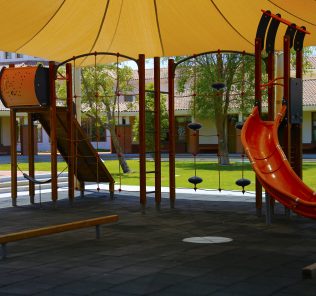
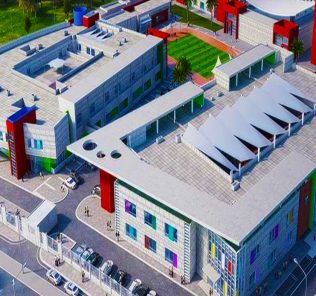
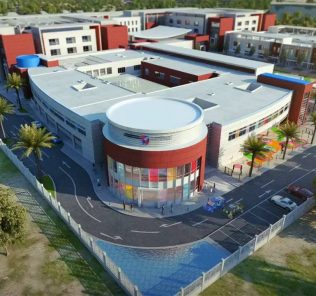
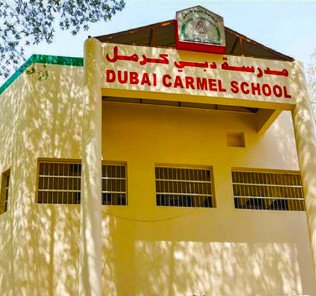















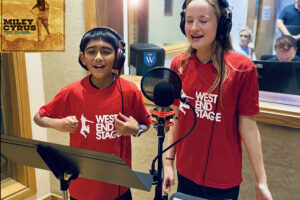
I’d say it is a blessing for expat kids to get the opportunity of learning Arabic. In the long term, it will prove to be a key differentiator for ones career. Imagine a career with United Nations, World Economic Forum and so on, who would love to have a Westerner with Arabic. Imagine being an entrepreneur and expanding your footprint in Middle East where the language will come in handy.
Only if we stop seeking overnight success, including in the area of learning the language. All we need is motivation.
If more people had this outlook, not only would children get more out of the subject but the quality and standards of Arabic for foreigners would improve substantially, addressing a lot of the concerns currently surrounding the subject.
I am looking forward to seeing what comes out. I am a parent, teacher and educator who’s children have been affected by this. After much frustration trying working with my children’s teachers to improve Arabic without minimal impact. I joined with some friends and we created arabee fun, interactive Arabic programme for children.
We are building this with schools, Arabic teachers and SLT with amazing results. Welcome any feedback. Please feel free to get in touch. [email protected]
http://www.arabeelearning.com
My Arabic grammar teacher, Ustad Abdul Rehman, says that the Arabic language helps me intellectually, morally and religiously. What is unarguable is that it’s an important language for Muslim students as the Quran and Hadeeth are in Arabic.
It is ironic that so much time and energy and paper is used up in the name of Arabic by schools and children and, yet, the results are that kids, after 12 years of learning, even as a second language, can’t even fill a form in Arabic.
Perhaps teachers / parents / educators have not done enough but the native speakers don’t encourage non Arabs to speak Arabic with them either. It’s a one way street in which too much focus is on helping Arabs speaking English better, rather than vice versa.
Given all the books, classes and time spent on Arabic, I would say it is teaching methodology that is the issue. We need a paradigm shift in the way the subject is taught to students and explained to the parental community.
The most important thing for many is the book of Allah which is in Arabic. For Muslims it is a part of their Deen and opportunity Dawah for others.